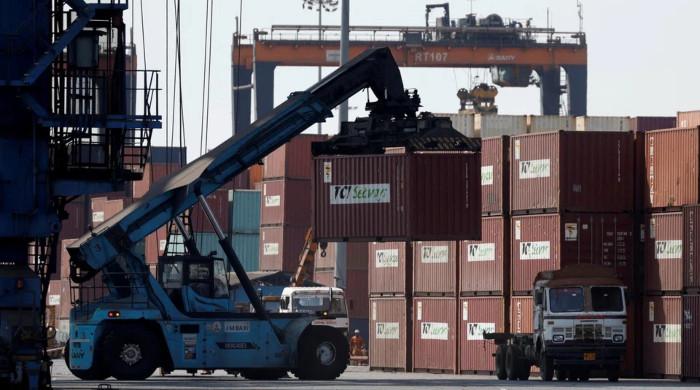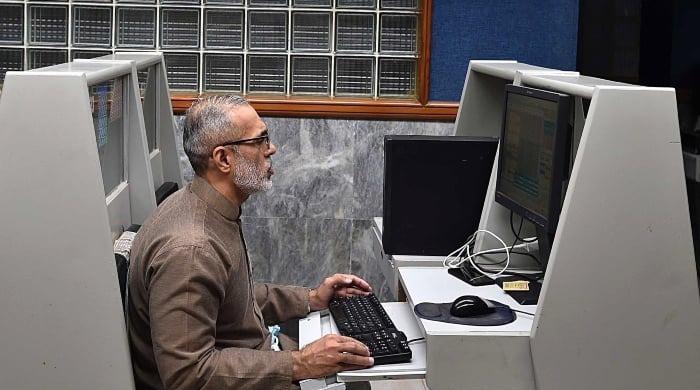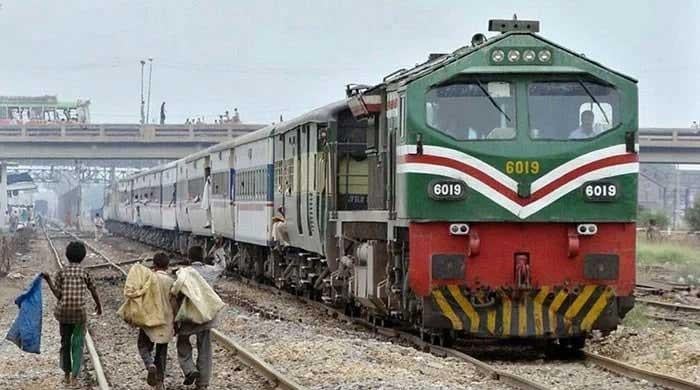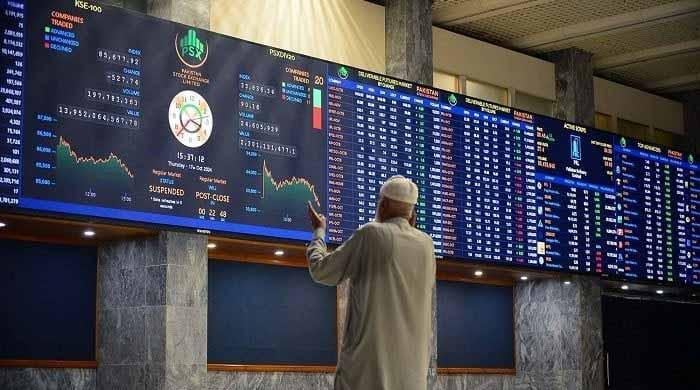NA approves budget for FY23 as Pakistan edges closer to reviving IMF programme
Amendment in Petroleum Products Ordinance also approved in line with IMF demand of petroleum tax levy of Rs50
June 29, 2022
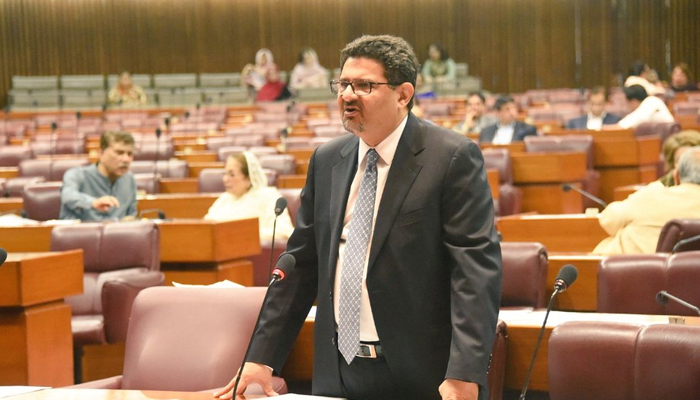
- Amendment in Petroleum Products Ordinance also approved.
- MQM-P MNAs stage walkout during the session.
- Miftah assures govt will not increase petrol price by Rs50 in one go.
ISLAMABAD: The National Assembly on Wednesday passed the Finance Bill, 2022, in the absence of typical shouts of protest from the Opposition, bringing the government closer to fulfilling the International Monetary Fund’s (IMF) requirement for the revival of the much-needed loan programme.
The government presented the budget for the fiscal year 2022-23 on June 10 with a fiscal adjustment of Rs1.25 trillion, but the money lender did not accept it, leaving Pakistan with no other choice but to make further amendments.
Then on June 24, Finance Minister Mifath Ismail announced additional taxes that are expected to generate Rs466 billion, which helped the government reach an understanding with the IMF for the bailout package.
The measures included bringing down the income tax slab for people earning from Rs50,000 to Rs100,000. They will be taxed at 2.5% and the rate moves up for the ones earning higher.
The government also agreed to the Fund’s demand of imposing a 1% poverty tax on companies earning Rs150 million, 2% on those generating an income of Rs200 million, 3% on those earning more than 250 million, and 4% on the ones generating an income of Rs300 million or more than that.
These measures were in addition to the 10% super tax imposed on 13 large-scale industries — cement, steel, banking, airlines, textile, automobile assembling, sugar mills, beverages, oil and gas, fertiliser, cigarettes, chemicals, and LNG terminals.
MQM-P MNAs stage walkout
MNA Sabir Kaim Khani, a member of MQM-P which is the coalition partner, chided the government and said that his constituency’s voters had sent him to the National Assembly to represent them.
“...it will not take me much time to shift benches. Railways have been destroyed in the last three months, but the minister for railways isn’t present in the hall,” he said while speaking on the floor of the house.
The lawmaker then added that the Pakistan International Airline (PIA) has shut its office in Hyderabad, while the roads were also damaged and no repair works were being done.
Another MQM-P MNA, Salahuddin, backed Kaim Khani and they staged a walkout.
Federal ministers Ayaz Sadiq and Murtaza Javed Abbasi tried to negotiate with the lawmakers, but Salahuddin said: “We have paid a heavy price for supporting you.”
Petroleum levy
The lower house also approved amending the Petroleum Products (Petroleum Levy) Ordinance, 1961, caving in to the IMF’s demand of imposing a petroleum tax levy of Rs50.
The finance minister, while speaking on the floor of the lower house, said that the petroleum levy was at Rs0 currently. He added that the government will not impose Rs50 in one go, rather it would be gradual.
Other amendments approved
- Collecting sales tax from traders through electricity bills
- 5% sales tax on services of software and IT consultants
- Fixed income and sales tax worth Rs40,000 has been imposed on the gold shops that cover an area of less than 300 square feet




